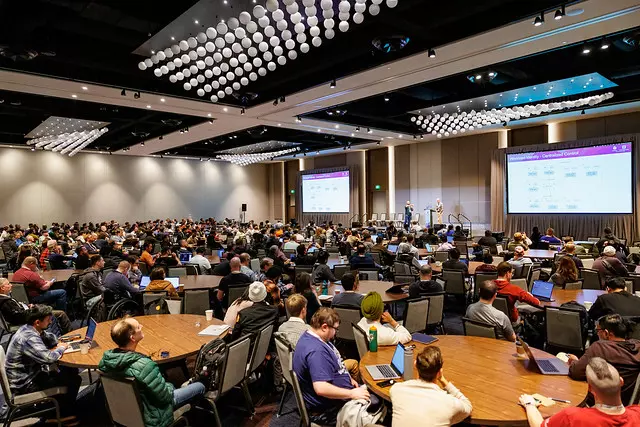Sdtimes
1M
443

Image Credit: Sdtimes
What you should care about from KubeCon London 2025
- At the EU KubeCon conference in London, key themes included multi-cluster management, AI workloads, and reducing Kubernetes costs on the cloud.
- Vendors emphasized the growing importance of multi-cluster management tools to address the challenges of managing multiple Kubernetes clusters efficiently.
- Companies like SUSE, Mirantis, and Huawei showcased solutions for multi-cluster management, enabling unified dashboard visibility and scalability.
- AWS introduced Amazon EKS Hybrid Nodes to unify Kubernetes management across different environments, including on-premises infrastructure.
- AI workloads were a prominent focus, with tools like Anthropic's Model Context Protocol and Solo.io's MCP Gateway streamlining interaction between AI agents and tools.
- Huawei, Red Hat, and VMware presented solutions for managing AI workloads, optimizing performance, and ensuring security and compliance.
- Zesty and Amazon EKS Auto Mode offered cost-effective solutions for running Kubernetes on the cloud, optimizing resource allocation and reducing unnecessary capacity.
- LoftLabs introduced virtual clusters for efficient resource management, while Cloud Native Buildpacks enhanced security by transforming application source code into container images.
- Dash0, an observability company, emphasized AI-driven approaches to streamline observability tasks, providing cost transparency and efficient data triaging.
- Cycloid showcased a Kubernetes sustainable platform engineering solution focusing on digital sovereignty, sustainability, and cost reduction through centralized cloud cost tracking.
Read Full Article
26 Likes
For uninterrupted reading, download the app